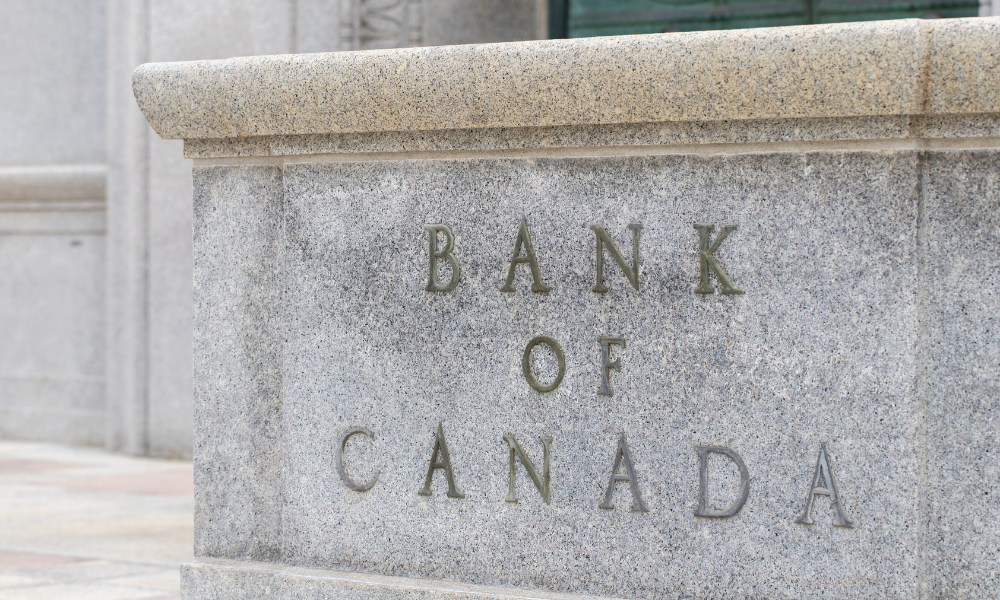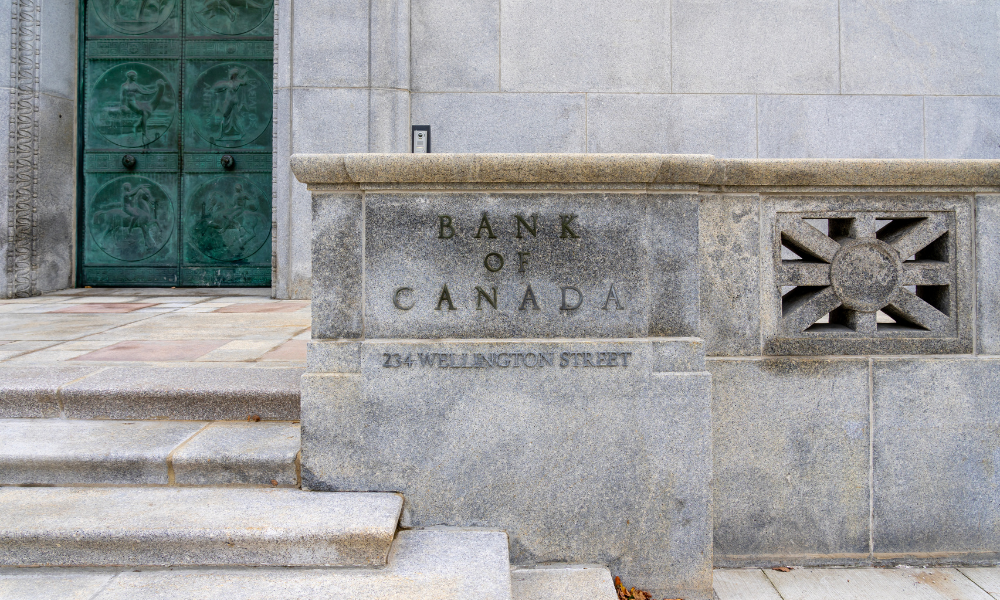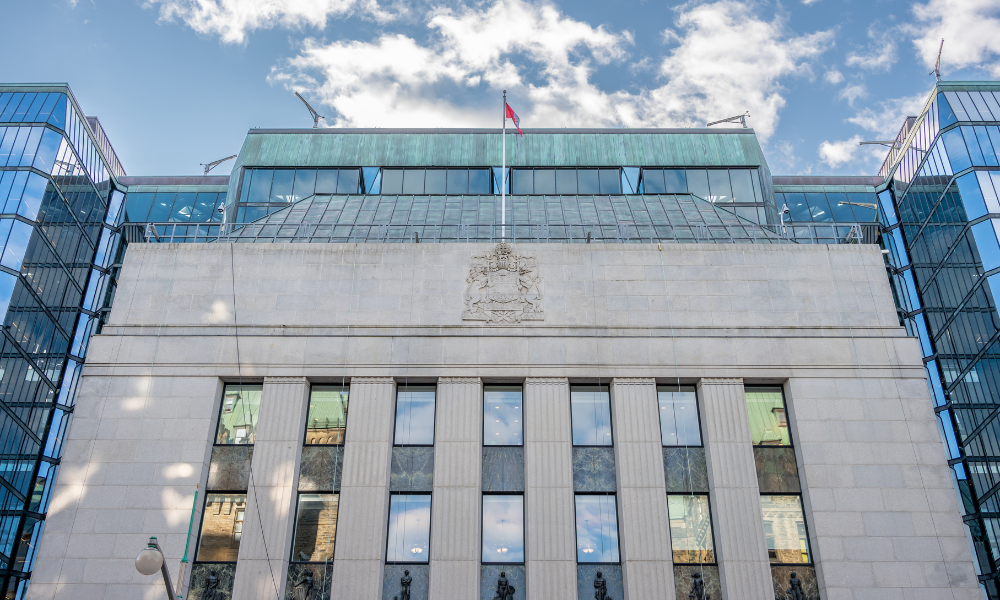Canada braces for instability as tariff threats and economic challenges develop

Bank of Canada Governor Tiff Macklem has warned that growing economic uncertainties—including potential US tariffs, global trade disruptions, and geopolitical instability—are posing significant challenges for central banks.
Speaking virtually at a global central banking conference in Mexico City, Macklem highlighted the potential economic fallout from former US President Donald Trump’s renewed threats of tariffs on Canadian and Mexican goods. He noted that these threats are already affecting business and consumer confidence, with prolonged uncertainty likely to weaken economic activity in both countries.
“The longer this uncertainty persists, the more it will weigh on economic activity in our countries,” Macklem said.
Balancing monetary policy amid weak growth
Macklem emphasized that while monetary policy can help mitigate short-term effects, it cannot fully address all economic challenges. He pointed out that “significant, broad-based tariffs” could reduce demand for Canadian exports while also increasing import costs.
“Monetary policy has to strike a balance,” he said. “Significant, broad-based tariffs will sharply reduce demand for our exports. At the same time, a weaker exchange rate, retaliatory tariffs and supply chain disruptions will raise import prices, putting upward pressure on inflation.”
The Canadian Press noted that the Bank of Canada has been cutting its key interest rate since mid-2024 in an effort to stimulate economic growth. However, the country faces ongoing uncertainty as the Canadian government negotiates with US officials to prevent Trump from implementing new tariffs. A month-long truce on tariffs remains in place, but its long-term outcome is uncertain.
Global economic pressures
Beyond trade tensions, Macklem pointed to other factors exacerbating economic instability, including high long-term interest rates, slower global growth, geopolitical conflicts, artificial intelligence-driven labour disruptions, and increasingly severe weather events.
“In a world with more structural change and more negative supply shocks, central banks will be faced with harder choices,” he said. “And harder choices bring risks of public disappointment and frustration.”
Central bank independence
Macklem also stressed the importance of maintaining public trust and ensuring central banks remain free from political influence. Acknowledging that central banks faced criticism for their handling of inflation during the COVID-19 pandemic, he defended their actions, noting that Canada managed to bring inflation down without triggering a recession or major job losses.
“Being independent and accountable and continuously learning is how we build trust,” he said.
His remarks come amid heightened political scrutiny of central banks. US Federal Reserve chairman Jerome Powell, for instance, has faced criticism from Trump, who claimed that diversity, equity, and inclusion policies hindered the Fed’s ability to fight inflation.



